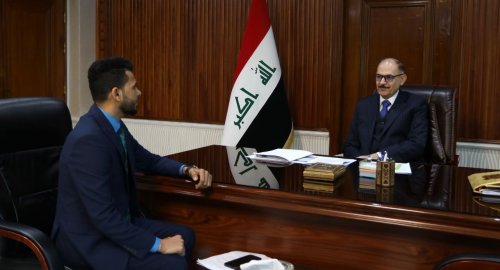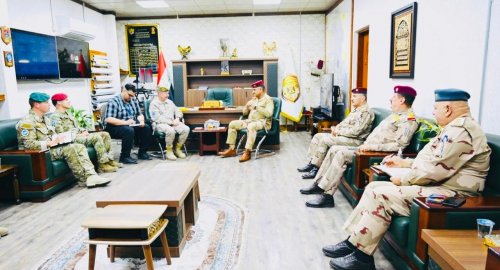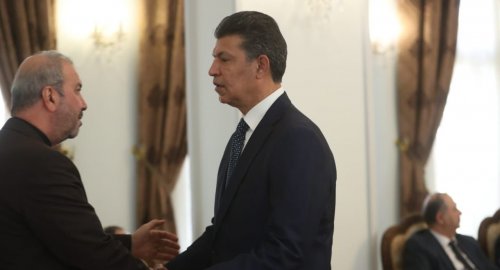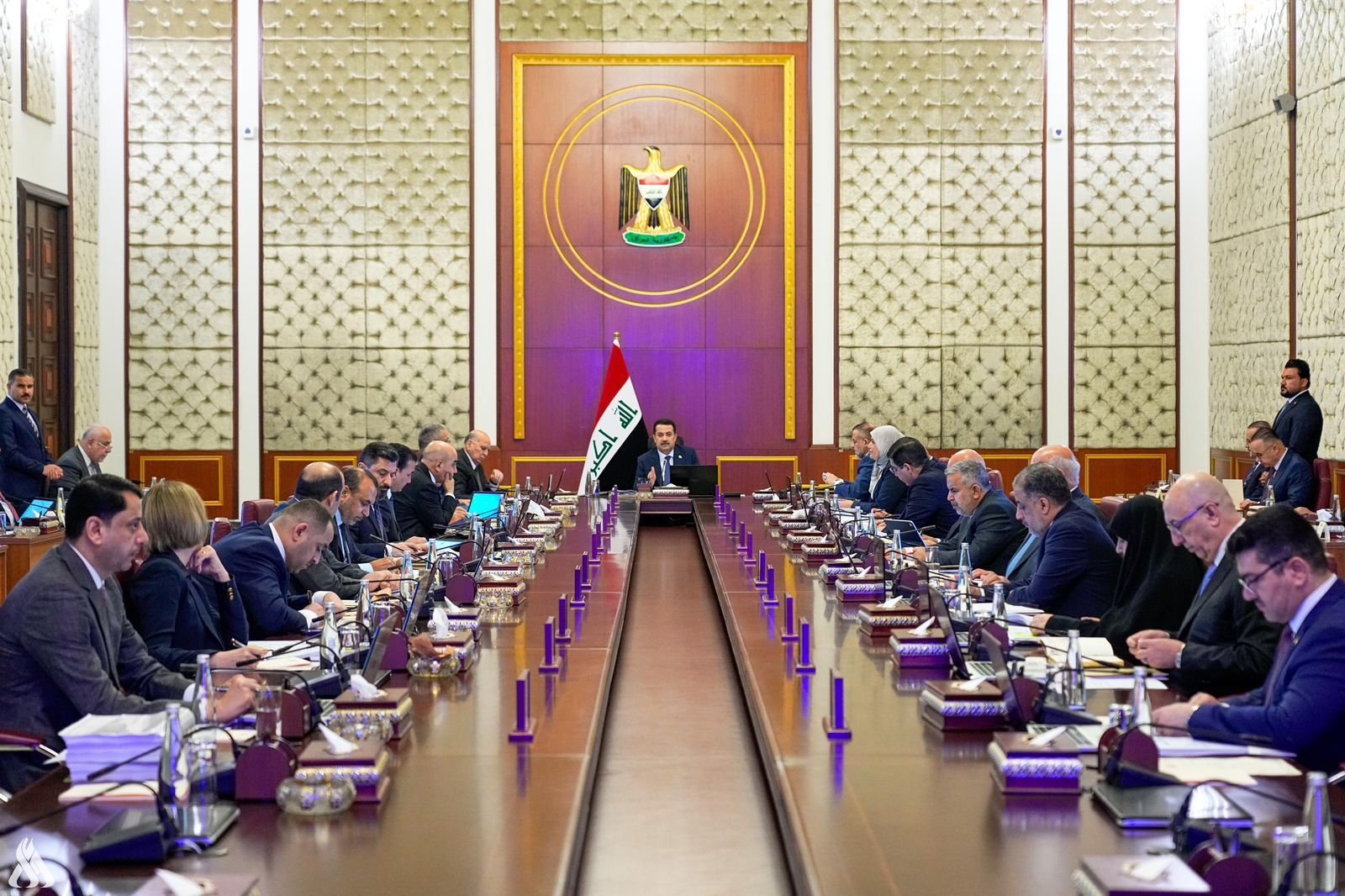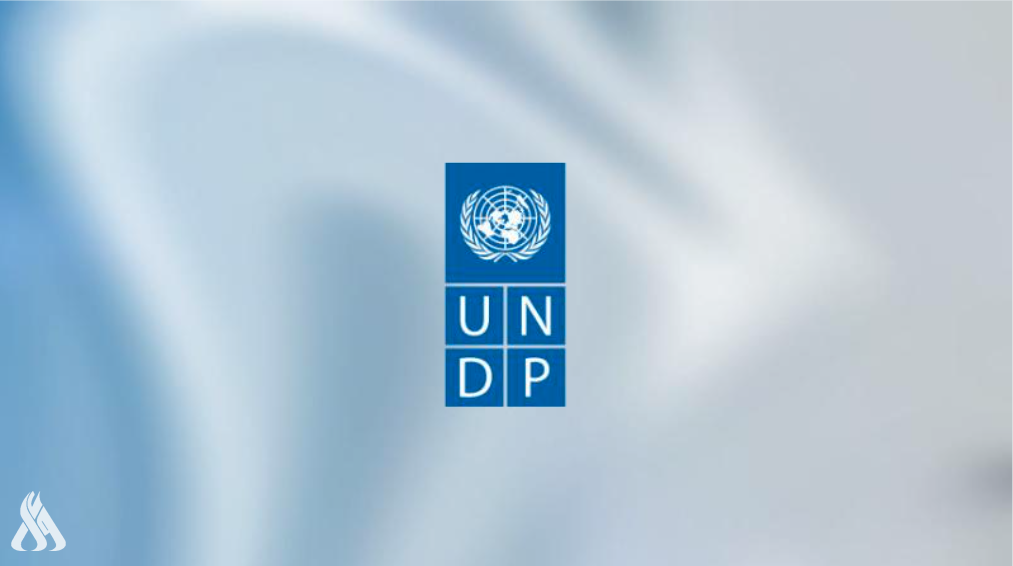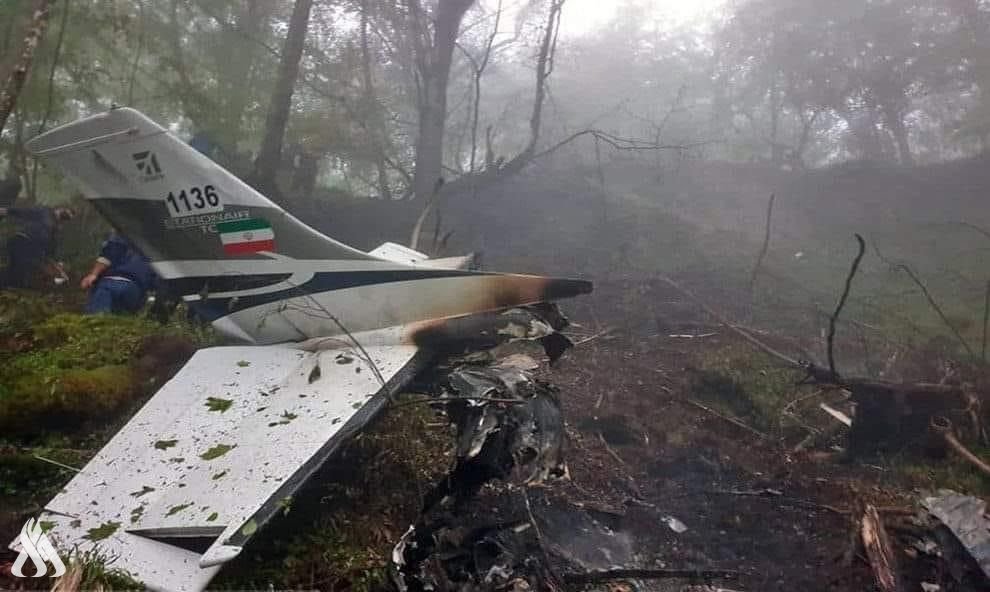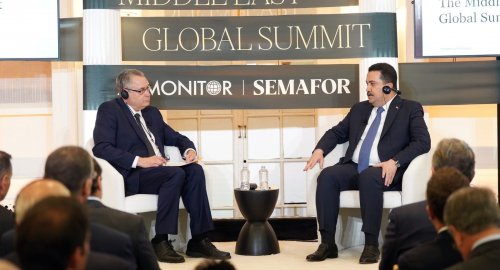
Al-Sudani Engages in Dialogue Symposium by Al-Monitor and Semafor during 78th UN General Assembly in New York

- 22-09-2023, 20:16
Baghdad-INA
Prime Minister Mohammed S. Al-Sudani participated in a dialogue symposium organized by American institutions Al-Monitor and Semafor. The event brought together media representatives and researchers to discuss a range of important political and economic issues concerning Iraq.
Prime Minister Mohammed S. Al-Sudani thanked the organizers of the event and discussed the government's policies and approach on several critical matters. Key topics included maximizing energy investment, prioritizing reforms, enhancing services, combatting poverty and corruption, and addressing unemployment.
The following are the highlights of the Prime Minister’s remarks:
The political forces in the Kurdistan Region of Iraq are integral to the State Administration Coalition that has formed the government.
A political consensus exists on general principles that have been approved by the Council of Representatives and adopted by the government, guiding the implementation of these commitments.
Financial support for the Kurdistan Region of Iraq through the federal budget is influenced by past financial challenges, notably those that arose after the halt in oil exports via the Turkish port of Ceyhan, along with limitations and challenges within the 2023 federal budget law.
The federal government has assumed a responsible stance, recognizing the Kurdistan Region as an integral part of Iraq. Our moral and national responsibility towards its citizens is equivalent to our responsibility for citizens in the southern and central governorates.
The solution to the issue was reached domestically following the visit of the delegation from the Kurdistan Region of Iraq. It was a solution originating from Baghdad rather than from foreign sources.
Through mutual understanding, constructive dialogue, and recognition of legal obligations and constraints, we are committed to finding solutions to all outstanding problems.
We have initiated financing that will extend until the end of this year, with financial settlements scheduled before year-end.
Ongoing dialogues encompass various entitlements, including deliberations on the bill for oil and gas.
It's important to note that there isn't a political crisis; rather, there have been financial and legal issues that were addressed through recent actions by the Council of Ministers.
In every interaction with American officials, we emphasize the significance of American company participation across various sectors, particularly in the energy domain, which is intertwined with issues such as gas determination and Iranian gas payments.
There exists an opportunity to address a critical issue that impacts our relations with both the United States and Iran, especially concerning recent Iranian gas payments.
This government is founded on principles of institutional governance, economic diversification, and a robust anti-corruption stance. It also places a strong emphasis on law enforcement and judicial independence, with tangible achievements in each of these areas over the past months.
It is the time for American companies to venture into the Iraqi market, particularly in the energy sector.
Iraq holds a crucial position in the global energy market and is poised to become a key player in the gas market with investments in natural and associated gas.
Currently, we burn 1,300 million cubic feet of gas daily and import about a thousand million cubic feet from Iran. The cost of burning this gas is approximately 4-5 billion dollars, while the imported gas amounts to around 4 billion dollars.
It's noteworthy that natural and associated gas resources were not effectively utilized by pre-2003 governments.
The government has successfully concluded significant projects in the gas sector, positioning us for potential gas exports in the future.
These achievements include the Total Energies agreement, the fifth licensing round agreements with Emirati and Chinese companies, as well as ongoing national efforts, including the sixth licensing round currently open to international companies.
Our strategic plan envisions Iraq becoming a gas-exporting nation, given the substantial reserves of natural gas that have remained untapped throughout Iraq's history.
As a nation producing 4,652,000 barrels per day, one can appreciate the substantial amount of associated gas produced alongside it, representing a valuable but previously untapped resource. The government has established the necessary groundwork for its efficient utilization.
The government has also crafted a forward-looking vision tied to the strategic Development Road Project. This project includes a corridor running parallel to the Development Road and railway, incorporating a pipeline for transporting both oil and gas to Türkiye and Europe.
Iraq and Ukraine: Convening joint committee is important
- politics
- 07:42
Iraq participates in the Education World Forum 2024
- politics
- 04:57
Details of the extraordinary session of the Council of Ministers
- politics
- 24/05/19
UNDP approves the electronic payment services system in Iraq
- Economy
- 24/05/18

